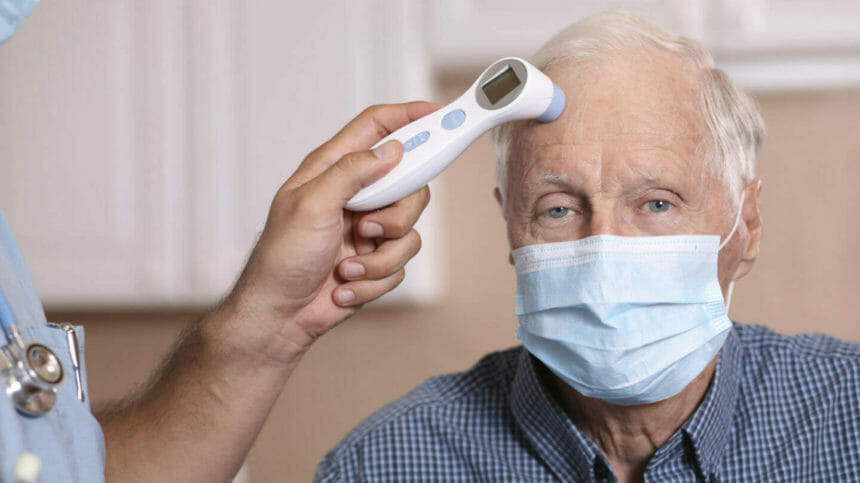
People who test positive for COVID-19 should isolate for 10 days after becoming symptomatic, according to federal guidance published Tuesday. Isolation can then be discontinued — as long as the individual hasn’t had a fever in 24 hours.
The new recommendations are a response to “accumulating evidence” that supports a symptom-based strategy to end isolation for people diagnosed with COVID-19, reported the Centers for Disease Control and Prevention in an updated website post.
Previously, the CDC had advised ending isolation only after two diagnostic swabs came back negative for the disease. In light of ongoing COVID-19 test shortages, the agency is now focused on not only preventing transmission and limiting “unnecessary prolonged isolation,” but also on preventing the “unnecessary use of laboratory testing resources,” it said.
Tests still should be used for severely immunocompromised patients, the agency added. In these cases, “a test-based strategy could be considered in consultation with infectious diseases experts. For all others, a test-based strategy is no longer recommended.”



